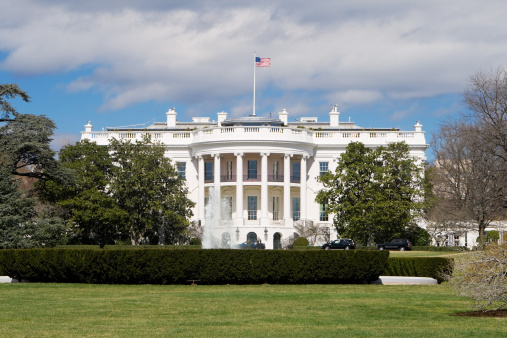Autonomy founder Mike Lynch has decided again to attack the Hewlett-Packard Co. (NYSE: HPQ) accusation that his big data company cooked its books before the U.S. public corporation bought it. At issue, among other things, is how revenue was accounted for and perhaps inflated. Lynch has good reason to take a public position. He could lose all the money he made on the transaction, and even be prosecuted for fraud. One of his suggestions makes a great deal of sense. He wants HP to show the public what its investigation has revealed. That would allow a much broader group than HP’s accountants and board to see the case against Autonomy, and perhaps judge the extent to which the U.S. firm bungled its evaluation. In his letter, Lynch wrote:
In order to justify a $5 billion accounting write down, a significant amount of revenue must be involved. Please explain how such issues could possibly have gone undetected during the extensive acquisition due diligence process and HP’s financial oversight of Autonomy for a year from acquisition until October 2012.
Very good point.
China Not a Currency Manipulator?
Once again, the Treasury Department has elected not to label China as a currency manipulator. Many economists and politicians believe that action is absurd because the People’s Republic clearly controls the value of the yuan, which gives China an advantage in trade with other nations. The Treasury Department’s “Report to Congress on International Economic and Exchange Rate Policies” states:
Chinese authorities have acknowledged the need for continued exchange rate reform and have taken a number of steps in this direction. In April 2012, China’s central bank, the People’s Bank of China (PBOC), announced a widening of the RMB daily trading band against the dollar in the Mainland currency market, from ± 0.5 percent to ± 1.0 percent. The trading band limitation applies to intra-day movements of the RMB against the dollar. In making the announcement, the PBOC stated that it was widening the band “in order to meet market demands, promote price discovery, enhance the flexibility of RMB exchange rate in both directions, [and] further improve the managed floating RMB exchange rate regime based on market supply and demand with reference to a basket of currencies.” Further widening of the band over time, if implemented in a way that allows the value of the exchange rate to better reflect market forces, would be positive for China, the United States, and the global economy.
Manufacturing associations and some politicians already have attacked the report as they claim that U.S. jobs continue to move to China because of its advantages in trade that hurt U.S. competitiveness, particularly when it comes to the cost of operating factories.
Costco’s Special Dividend
Costco Wholesale Corp. (NASDAQ: COST) became the most recent company to pay out a special dividend to help its investors keep more money if taxes go up at the start of next year. Many large public companies have done this, and more are expected to. The firm announced:
[I]ts Board of Directors has declared a special cash dividend on Costco common stock of $7.00 per share, payable December 18, 2012, to shareholders of record as of the close of business on December 10, 2012. The aggregate amount of payment to be made in connection with this special dividend will be approximately $3.0 billion.
The special dividend is in addition to the Company’s regular quarterly cash dividend of $.275 per share that was declared on October 30, 2012. The regular quarterly dividend will be paid November 30, 2012, to shareholders of record at the close of business on November 16, 2012.
In addition, Costco is doing well, based on today’s release of results. It had:
[N]et sales of $8.15 billion for the month of November, the four weeks ended November 25, 2012, an increase of nine percent from $7.51 billion during the similar four-week period last year.
Same-store sales rose 6% for the same period.
Douglas A. McIntyre
In 20 Years, I Haven’t Seen A Cash Back Card This Good
After two decades of reviewing financial products I haven’t seen anything like this. Credit card companies are at war, handing out free rewards and benefits to win the best customers.
A good cash back card can be worth thousands of dollars a year in free money, not to mention other perks like travel, insurance, and access to fancy lounges.
Our top pick today pays up to 5% cash back, a $200 bonus on top, and $0 annual fee. Click here to apply before they stop offering rewards this generous.
Flywheel Publishing has partnered with CardRatings for our coverage of credit card products. Flywheel Publishing and CardRatings may receive a commission from card issuers.
Thank you for reading! Have some feedback for us?
Contact the 24/7 Wall St. editorial team.






